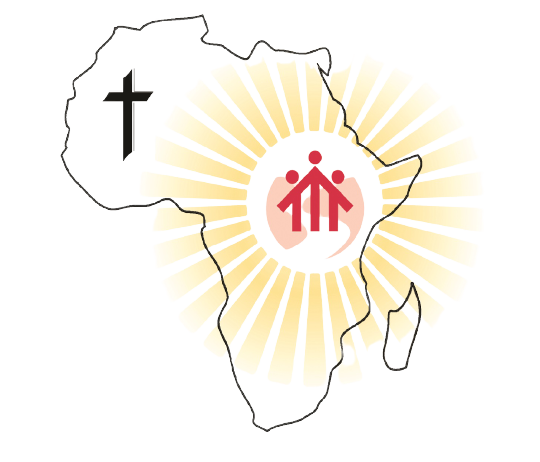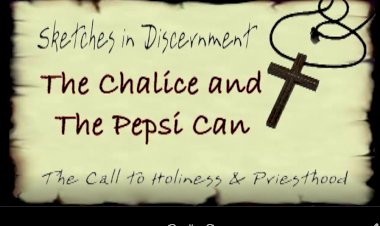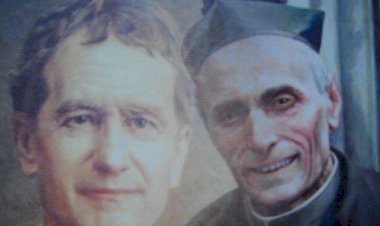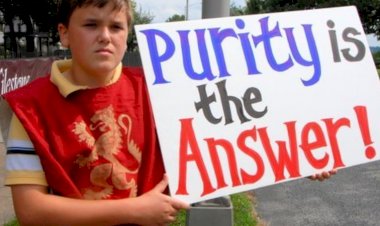The Catholic marriage of Boris Johnson and Carrie Symmonds
By revealing his Catholic faith and finally getting properly married, Boris Johnson has not only taken the leap of faith; he has committed a political act in a country where the office of Prime Minister has long been forbidden to Catholics.
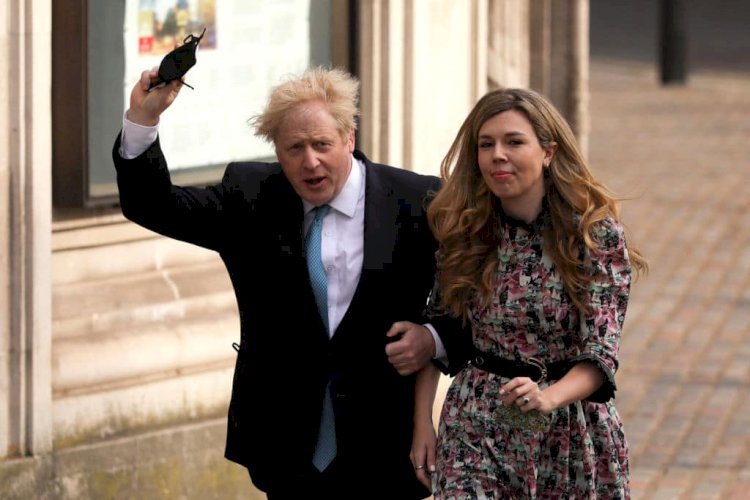
Boris Johnson – Married Catholic (- the revenge of James II?)
By revealing his Catholic faith and finally getting properly married, Boris Johnson has not only taken the leap of faith; he has committed a political act in a country where the office of Prime Minister has long been forbidden to Catholics. The event heralds profound changes in English domestic politics.
It was supposed to be a ‘people’ moment; it became a political moment. British Prime Minister Boris Johnson married Carrie in a private ceremony, but this private act became public and took a political turn when the British discovered that the ceremony was Catholic. Baptized into the Catholic faith, Boris Johnson then became an Anglican during his studies at Eton, and it was with this religious affiliation that he officially entered Downing Street. But it is in the faith of Rome that he now lives in the house of number 10. Far from being anecdotal, this event has revealed a profound change in English political life. If Boris Johnson is the first Catholic head of government, it is because the English political tradition has long considered that Catholicism was forbidden to access this post. Tony Blair, Prime Minister from 1997 to 2007, waited until the end of his duties, to announce his conversion to the Catholic Church.
This complex relationship with the Catholic religion recalls that England has long wrestled with the "papists". Since Henry VIII, the kingdom has been very divided on this subject. King James II had to flee his kingdom because of his conversion, and had to find refuge in France, where he died at Saint-Germain-en-Laye near Paris. He had secretly joined the Catholic faith in 1668. This became public in 1673 when Parliament passed the Test Act, in which civil and military officials were forced to take an oath to reject the doctrine of transubstantiation! Having become king in 1685, James II had to face a revolt of the nobility of which one of his nephews was the leader. His defeat culminated in the "Glorious Revolution" of 1688 and the coming to power of William of Orange.
Antipapist sentiment remained very strong in the United Kingdom, both in England and in Scotland. The conversion of John Henry Newman (1845), later created cardinal by Leo XIII, led a significant number of members of the Oxford movement to return to the Catholic faith.
At the beginning of the 20th Century, it was the conversions of Chesterton and Tolkien that put Catholicism back at the heart of the intellectual and literary debate. It was not until 2010 and Benedict XVI that a pope made his first official visit to England. John Paul II had to settle in 1982 for a strictly pastoral visit. Despite strong opposition, Pope Benedict met with the political authorities, beatified Cardinal Newman, and made a memorable speech at Westminster.
Now, Boris Johnson's public profession of his Catholic faith during his tenure as Prime Minister can be seen as a positive fruit of Benedict XVI's trip, which helped to defuse reticence towards Catholicism, making it more tolerable and comprehensible to Anglicans.
A future Catholic king?
In 2019, the conversion to Catholicism of Gavin Ashenden, former personal chaplain to the Queen of England from 2007 to 2018, exposed the presence of the Catholic faith at the highest level of the royal family. His conversion was motivated in particular by growing laxity and the abandonment of some major pillars of the Christian faith on the part of part of the Anglican hierarchy. The establishment in 2009 of the apostolic constitution Anglicanorum Coetibus allowing the creation of ordinariates bringing together former Anglican priests and bishops who had become Catholic, has facilitated the transition from one to the other. Faced with greater Catholic dynamism and Anglican divisions, particularly on issues of morality, the future of the Anglican Church has grown complicated. Might England eventually return to Catholicism, thus ending the ‘first Brexit’, which was its break with Rome?
Boris Johnson became the first officially Catholic Prime Minister since this office existed in its present form (1721). The question of faith has not seemed of great importance to Boris so far, nor to be a significant guide to his ideas and his political action, but this is nevertheless a sign of an important change in the United Kingdom. Such public confession of the Catholic faith by a prime minister was not possible until a few years ago. It may also help to strengthen diplomatic ties between the UK and the Holy See, whose post of Secretary for International Relations, is now held by an Englishman, Archbishop Paul Richard Gallagher. But it could also open up further political prospects for the UK itself. One of the most prominent Conservative MPs and potential successor to Boris Johnson is Jacob Rees-Moog, a Catholic and current Leader of the House of Commons. With Boris Johnson's official announcement, Rees-Moog's Catholic faith is no longer an obstacle to obtaining the post of Prime Minister. If that were to be the case, he would then be the first to enter Downing Street as a Catholic.
The question not publicly asked, but inevitably in people's minds, concerns the highest authority in England: the Sovereign! If English Catholicism were to continue this trend, would we ever see a Catholic king again? Time will tell, but if that were the case then, it would be revenge for James II.
- Jean-Baptiste Noé - Published on 03/06/21 on Aleteia – translated and adapted by SAFCAM
